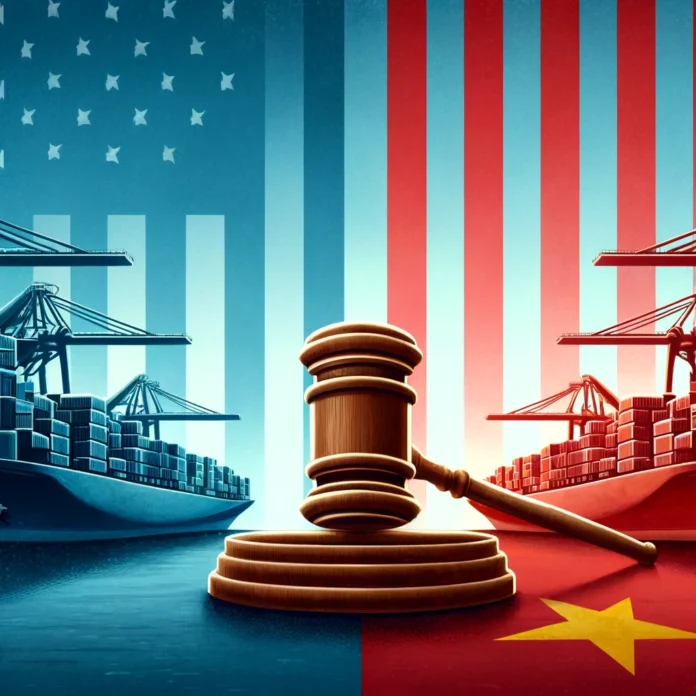China has formally challenged the latest tariffs imposed by the Trump administration, labeling them as “discriminatory” and inconsistent with World Trade Organization (WTO) obligations. The Chinese government has filed a request for consultations with the WTO, asserting that these duties unfairly target Chinese goods and are based on unfounded allegations.
What Happened?
On February 6, 2025, China submitted a formal request to the WTO for consultations regarding the U.S. tariffs. The contested duties were introduced by President Donald Trump as a measure to halt the flow of fentanyl opioids and their precursor chemicals into the United States. China contends that these tariffs are unjustly applied solely to Chinese-origin goods and lack a legitimate basis.
Why It’s Important
This development intensifies the ongoing trade tensions between the world’s two largest economies. The imposition of tariffs and subsequent legal challenges can disrupt global supply chains, affect international trade norms, and create uncertainty in global markets. Businesses worldwide may face increased costs and logistical challenges as a result.
What Experts Say
Trade analysts note that China’s move to challenge the tariffs through the WTO underscores its commitment to a rules-based international trading system. They caution that prolonged disputes could lead to significant disruptions in global trade and emphasize the importance of diplomatic negotiations to resolve such conflicts.
What’s Next?
The WTO’s dispute resolution process begins with a consultation phase, where the involved parties attempt to resolve the issue through dialogue. If consultations fail, the case may proceed to a panel review, which could take several months to reach a conclusion. Businesses and consumers should prepare for potential changes in trade policies and remain vigilant about further developments in U.S.-China trade relations.
Conclusion
China’s challenge to the U.S. tariffs marks a significant escalation in trade disputes, with potential widespread implications for global commerce. Staying informed about these developments is crucial for businesses and consumers alike.





